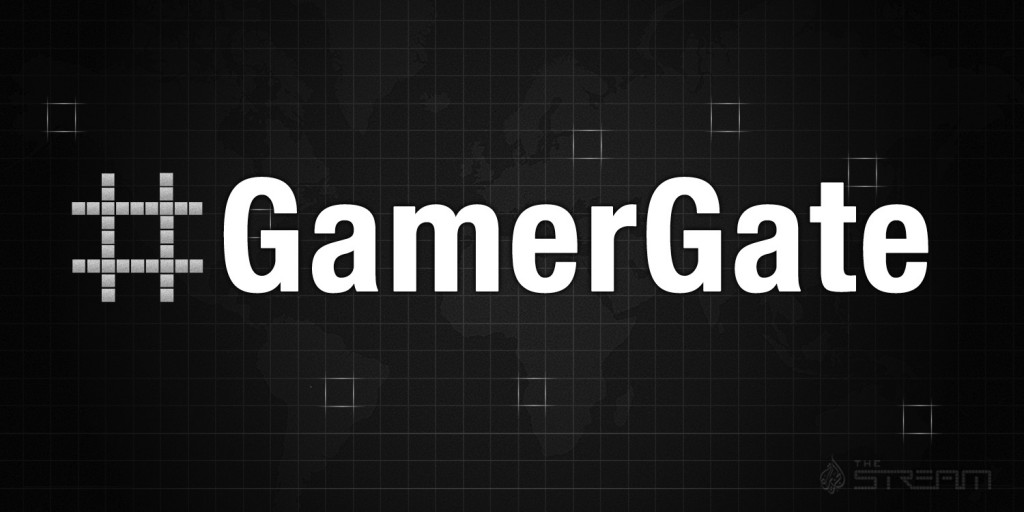From the lawless wilderness of 4chan boards and subreddits to the relatively tame comment sections of tech websites, a debate is raging about women in gaming: Are women being marginalized and abused, or are the alleged problems a media creation? Unfortunately, a series of recent events proves the former to be true.
The recent internet movement Gamergate—which cites its official purpose as improving advocacy for ethics in video game journalism—has placed a spotlight on this issue. However, the Gamergate movement contains strong undercurrents of misogyny, with blogs like The Verge questioning the legitimacy of the problem.
Gamergate stemmed from a blog post in Aug. 2014, when video game reviewer Eron Gjoni broke up with his girlfriend Zoe Quinn, an independent video game developer. According to the post, Gjoni accused his then girlfriend of having an affair with Nathan Grayson, a video game reviewer who had given Quinn’s latest game Depression Quest a positive review. Rumours began spreading that Grayson positively reviewed the game because of his dealings with Quinn. Gamers everywhere began to scorn her, accusing her of “selling her body for publicity.”
From there, things quickly spun out of control. Anyone vaguely associated with the Quinn controversy was targeted. This included feminist vlogger Anika Sarkeesian, whose YouTube show Feminist Frequency discusses the role of women in video games. In her shows, Sarkeesian argues that women are constantly being portrayed in many games as sexual playthings and victims of violence—including in popular games such as Assassin’s Creed and Grand Theft Auto—to satisfy male desires. Following Gjoni’s accusations, the show’s Twitter page and comment sections were filled with horrifyingly graphic messages and insults—some so violent that Sarkeesian left her home in fear.
So when the University of Pittsburgh conducted a study representing the public perception of the stereotypical gamer, the results were not surprising. Most people pictured gamers as angry young men. However, this perception is inaccurate.
Gamergate, however, has brought the dark underbelly of the gaming world to light. ‘Gaters’—as proponents of the movement call themselves—claim women like Quinn are trying to ruin gaming as we know it, and consequently degrade them for it. What they fail to realize is that female gamers have become intrinsically linked to the gaming world, simply by playing games, whereas Gaters are the ones who represent a diminishing fraction of gamers. It’s time Gaters recognize that women game, too.
Although Gamergate originated as an initiative to advocate video game journalism ethics, the convoluted and mysogynistic version of the movement has garnered intense public support. The American Enterprise Institute, a right wing think-tank, has dismissed opponents of the movement as “feminist tech writers” and “concernocrats” bent on destroying free speech.
All of this points to a situation rife with misconceptions. Grayson did not write his review to ‘repay’ Quinn. Gaming will not implode, as Gaters claim, if women are in the industry. Gamergate has nothing to do with civil liberties, and everything to do with the objectification of women. The few legitimate arguments about ethics in journalism and the nature of games have been overshadowed by a flow of hateful bile that shows the vile nature of the movement. If anything, Gamergate shows us that in order for women to be treated equally on the internet, the current mindless, misogynist mindset of the Gater must end.









